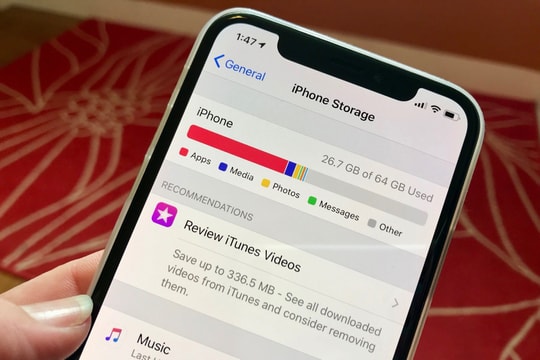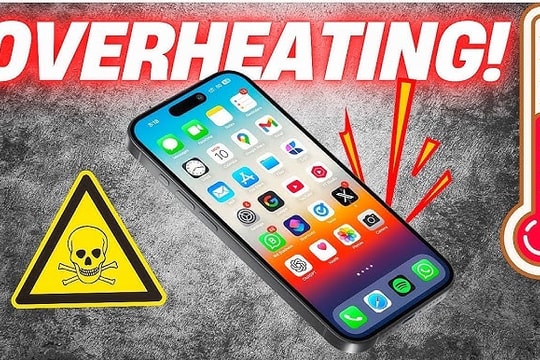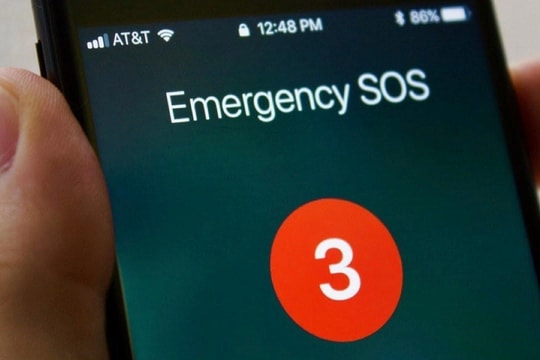Why You Should Restart Your iPhone More Often Than You Think
While iPhones are known for their stability, restarting your device every now and then can have some surprising benefits. From improving performance to resolving software issues, this simple habit can help your iPhone run smoother and last longer.
It's been more than 18 years since Steve Jobs first introduced the iPhone at MacWorld 2007, ushering in a new era for smartphones. Since then, Apple has been releasing new iPhone generations every year, with the iPhone 16 being the latest version at the time of writing.
However, despite its reputation for stability and performance, the iPhone is not immune to problems during use, from the keyboard suddenly stopping responding to unstable Wi-Fi connections. In many cases, just a simple operation is to restart the device.

The US National Security Agency (NSA) even recommended that users restart their phones at least weekly as a security measure, in an infographic published in 2020.
So why does this seemingly simple operation have such a big impact on the performance and security of the iPhone? And what is the right way to restart? Let's find out.
Why is it important to restart your iPhone regularly?
If you have been using your iPhone for a long time, you will have noticed that sometimes the device starts to respond slower, even noticeably lag. The common cause is that the RAM memory gets “cluttered” after prolonged use, background processes, caches and background apps can accumulate, affecting the overall performance.
Restarting your iPhone will free up RAM and reset the system, helping the device run smoother. There is no shortage of real-life user stories on social media forums about how simply restarting your device has helped them overcome the obvious slowness.
In addition to improving performance, rebooting has security value. According to the NSA, periodically rebooting your phone can reduce your risk of attacks like phishing and zero-click exploits, which can happen without any user interaction. When the device is rebooted, temporary exploits can be removed, reducing security risks.
However, simply restarting is not enough. To truly protect your device from cybersecurity threats, users also need to practice other safety principles such as not clicking on strange links, not downloading files from unknown sources, and always updating to the latest software from Apple.
How often should you restart your iPhone?
Whether or not you need to restart your iPhone regularly depends on two main factors: the generation of device you're using and its actual operating status.
With modern iPhones like the iPhone 16 series, the risk of slowdowns or system issues is pretty low. Apple still regularly releases security updates and performance optimizations for new devices, so as long as you keep your iPhone on the latest software version, it will be well protected against most cyberattacks and will still run smoothly.
In contrast, the situation is different for older iPhone models like the iPhone X, which no longer receive official operating system updates from Apple. These devices are more vulnerable to cyber attacks due to unpatched security holes. At the same time, their more modest hardware configuration makes them more susceptible to slowing down after a long period of use.
If you have an older iPhone, especially if it no longer receives software updates, it is a good idea to restart it at least once a week to improve performance and protect the device. You should also restart it whenever your iPhone starts acting strangely or suddenly becomes slow.
How to restart iPhone:
- Open the applicationSettingand chooseGeneral settings.
- Scroll down and selectTurn off the machine, then drag the slider to turn off the device.
- Wait a few seconds, then press and hold the power button until the Apple logo appears to turn the iPhone back on.
Additionally, in case your iPhone becomes unresponsive, you can perform a force restart, which is a useful option when your device freezes or becomes unresponsive in the usual way.





